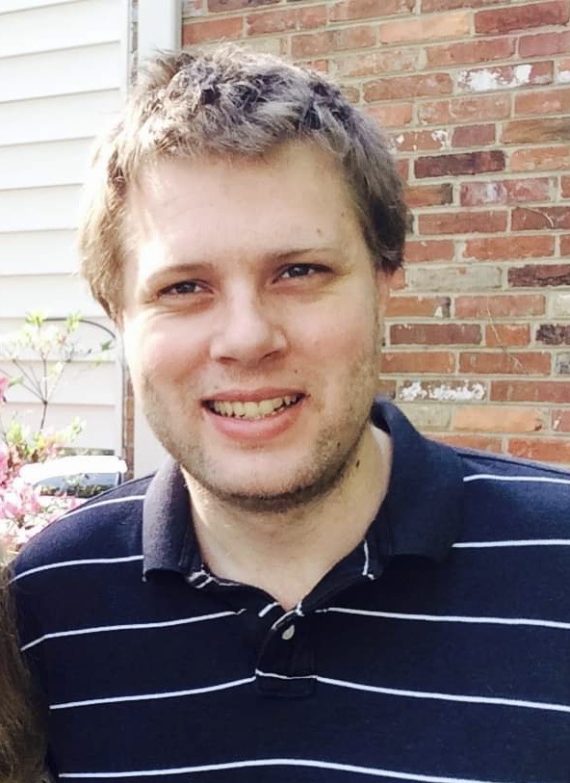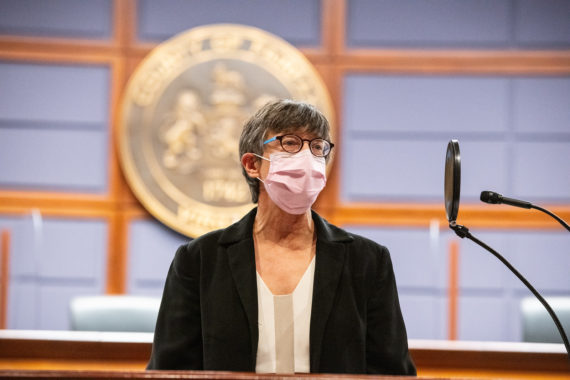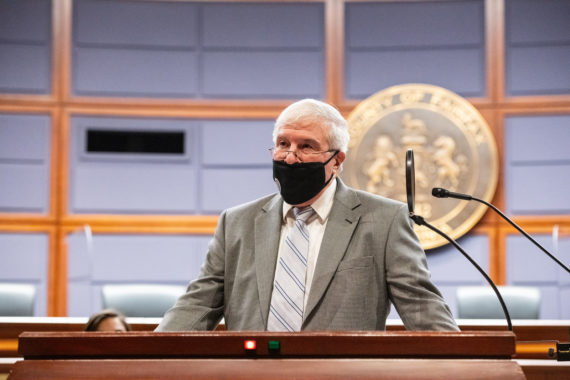 photo courtesy CAHOOTS/White Bird clinic
photo courtesy CAHOOTS/White Bird clinic
(10-30-20) The fatal police shooting of Walter Wallace Jr., this week in Philadelphia, who had a mental illness and was wielding a knife, made national headlines, drew comments from both presidential candidates, sparked rioting, and once again raised questioned about whether the police should be the first to respond when someone is in a mental health crisis.
CNN yesterday posted a story about five other recent fatal shootings of Americans in the midst of a mental health crisis. At least one in four fatal shootings by police involve a person with a mental illness.
Whenever talk turns about shifting responsibility from the police to mental health workers, the Crisis Assistance Helping Out On the Streets ( CAHOOTS) program in Eugene, Ore., is cited as a successful example of how communities can safely lessen police involvement. An article written by Mark Obbie in The Crime Report highlights the “most thorough, thoughtful stories” about CAHOOTS. Thanks to Obbie and the Crime Report for sharing this index.
Would the CAHOOTS model work in your community?






